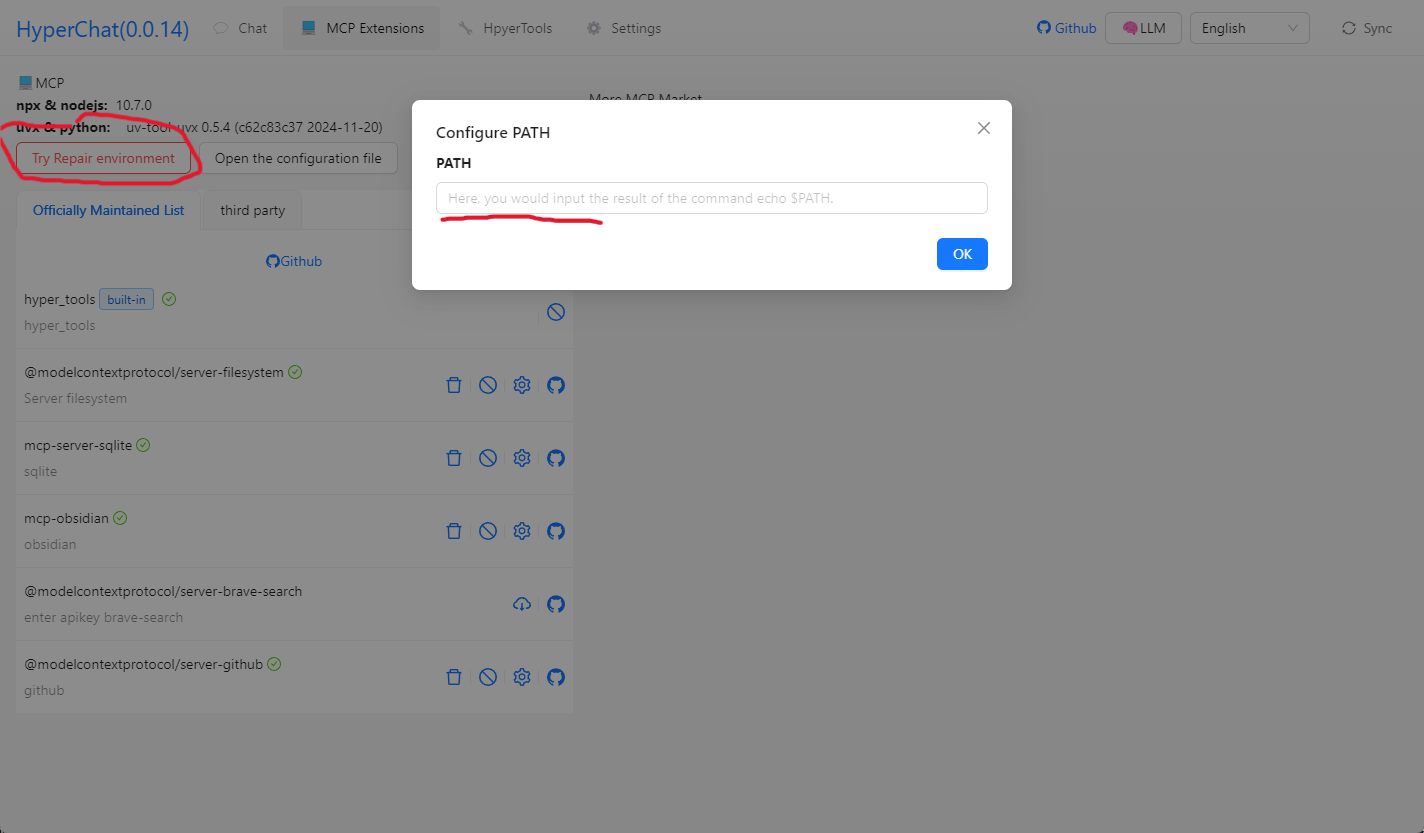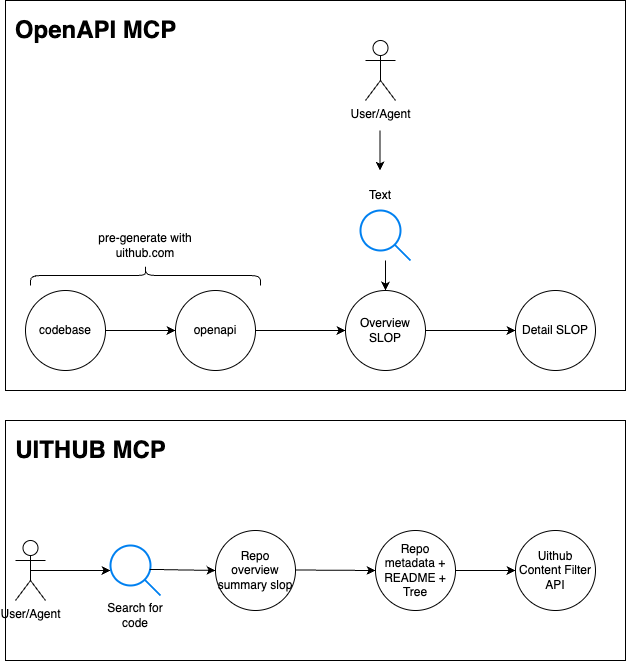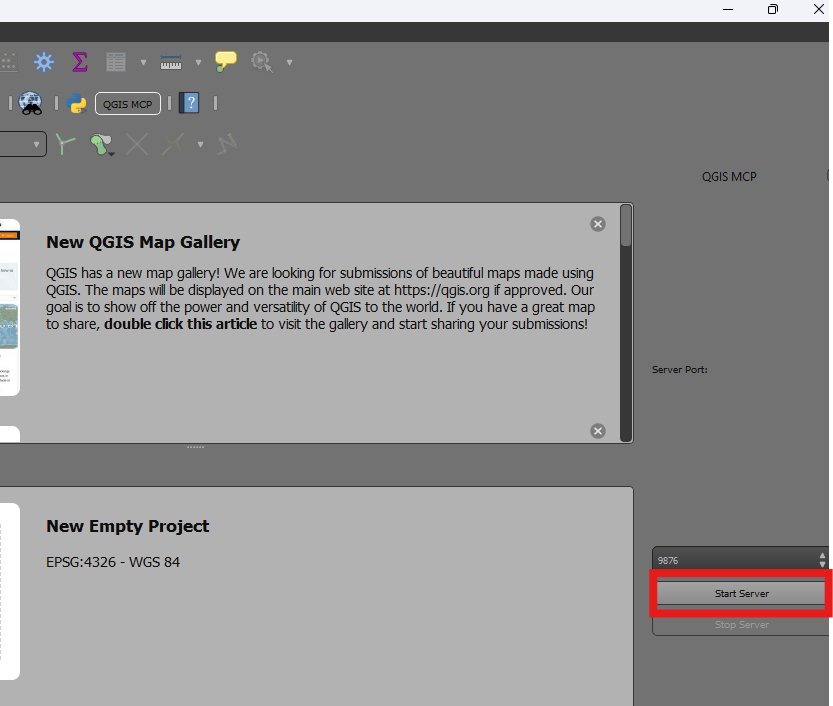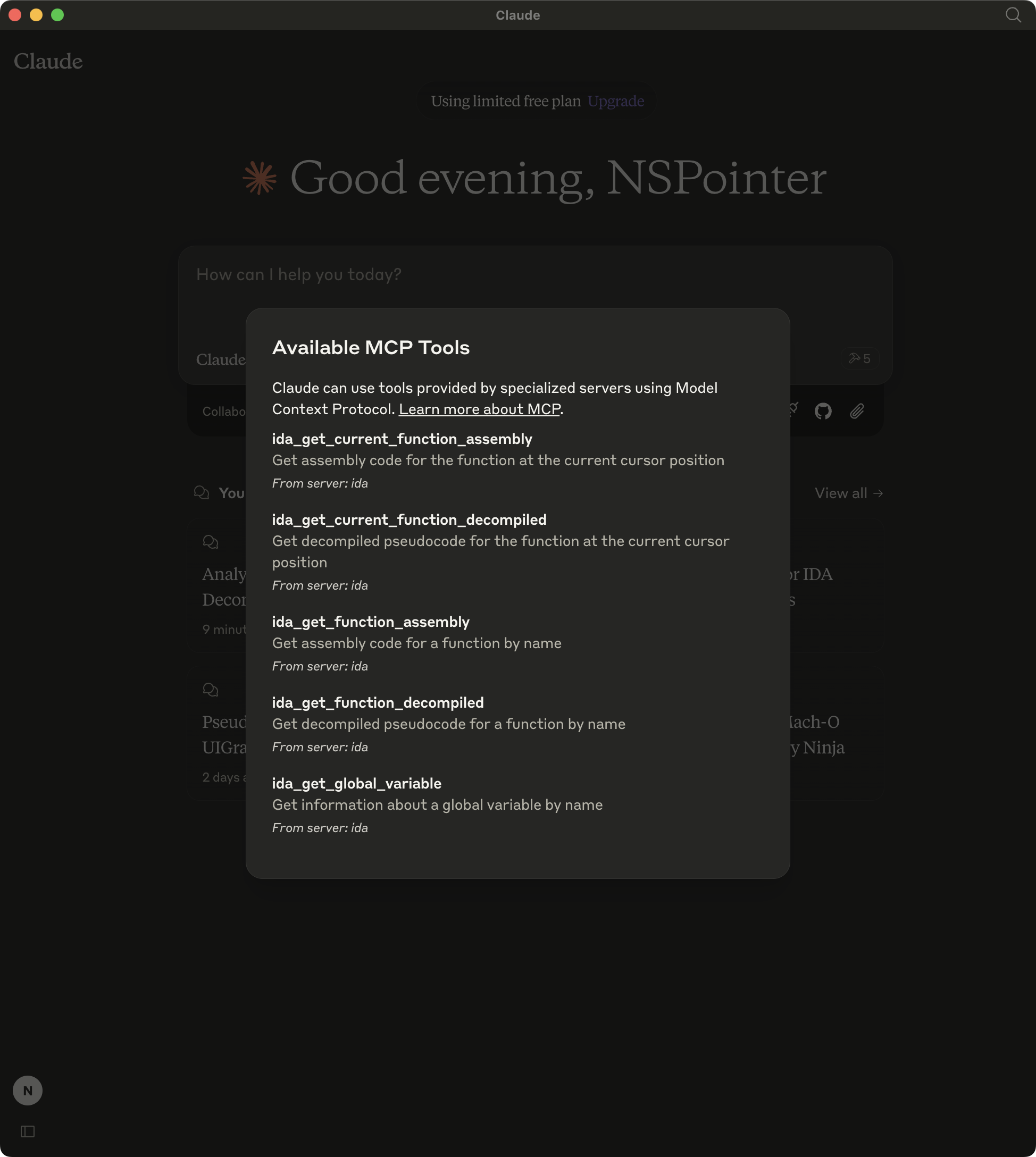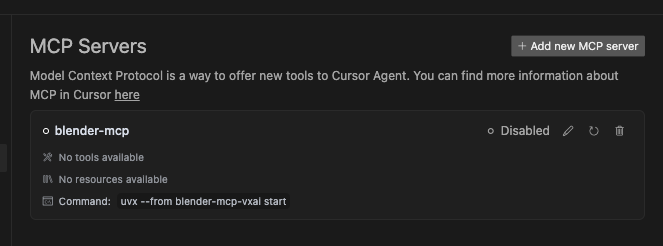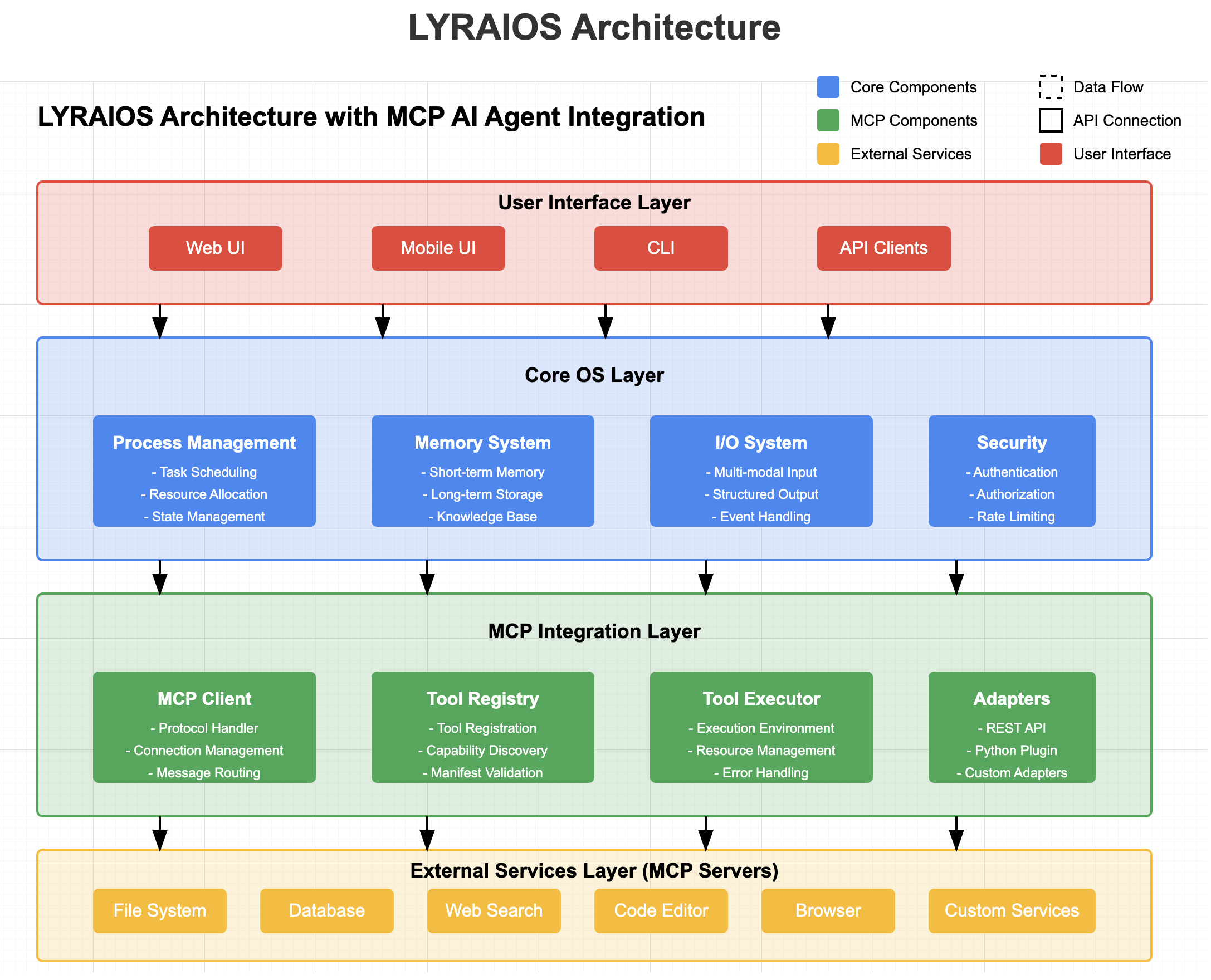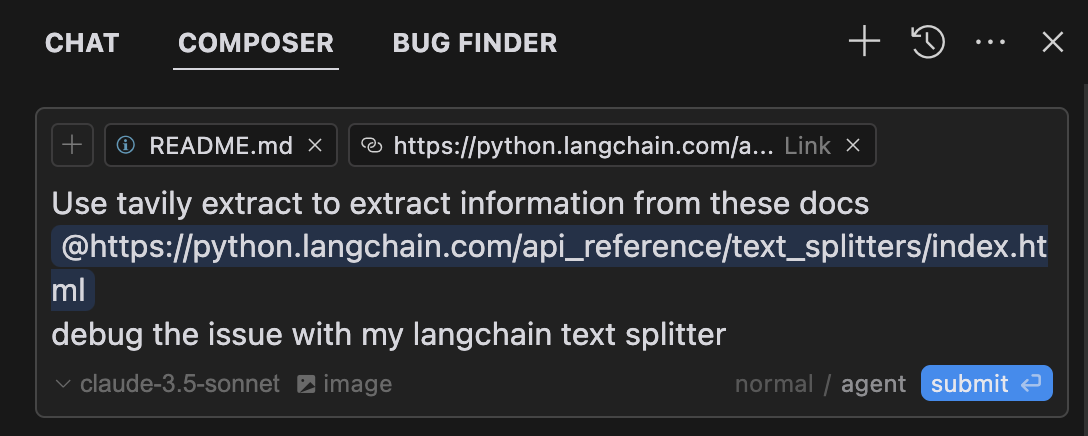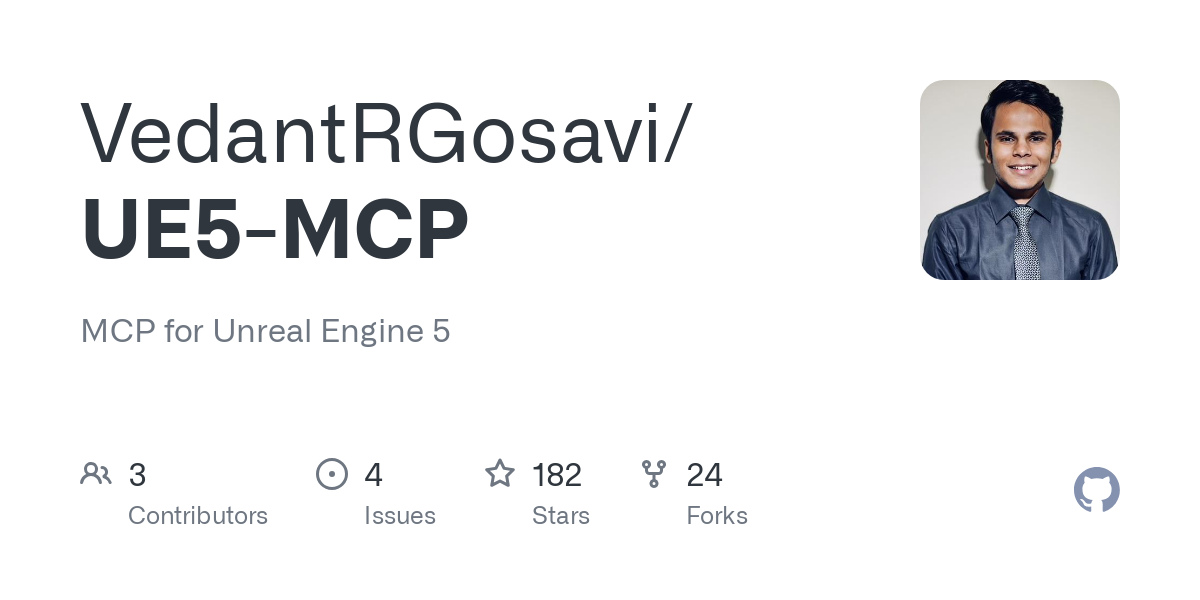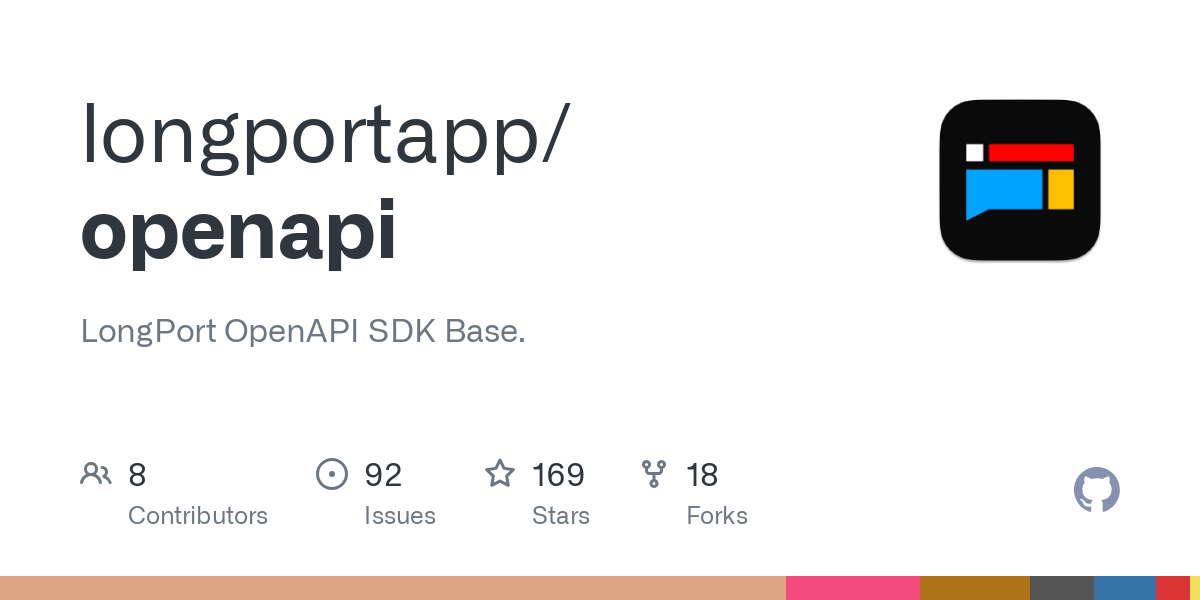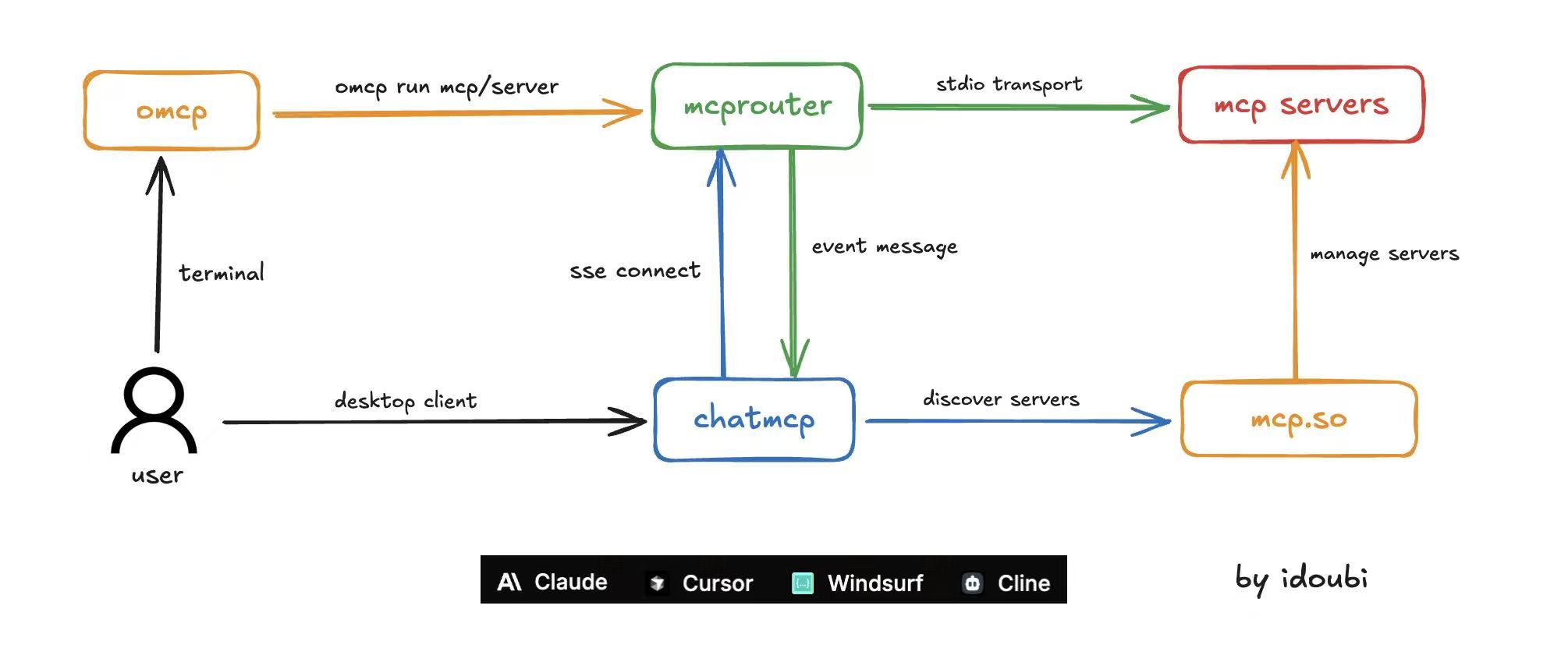All MCP Servers Complete list of MCP server implementations, sorted by stars
HyperChat is a versatile chat client designed for openness, leveraging APIs from multiple large language models (LLMs) to deliver an optimized chat experience. It supports productivity tools through the Model Context Protocol (MCP), enabling features like agent creation, task scheduling, and web search integration. HyperChat also includes a built-in MCP plugin marketplace, dark mode, and multi-language support, making it a comprehensive solution for advanced chat and productivity needs.
The OpenAPI MCP Server is a Model Context Protocol (MCP) implementation designed to help AI tools like Claude navigate and understand complex OpenAPI specifications. It simplifies the process of identifying, summarizing, and exploring API endpoints by breaking it into three steps: identifying the OpenAPI, summarizing it in simple language, and detailing specific endpoints. This server is particularly useful for developers working with code generation and API exploration, though it does not yet support endpoint execution due to unresolved authentication challenges.
The QGIS Model Context Protocol (MCP) integration connects QGIS Desktop with Claude AI, allowing for seamless interaction and control. This implementation supports project and layer manipulation, code execution, and processing algorithms within QGIS. It includes a QGIS plugin and an MCP server, facilitating two-way communication between the AI and the GIS software.
This Vite plugin integrates an MCP (Model Context Protocol) server into Vue applications, providing detailed insights into the component tree, state, routes, and Pinia store. It enhances model understanding of Vue apps by offering tools to inspect and edit component states, highlight components, and retrieve routing and Pinia store information. The plugin is particularly useful for developers working with AI models that require contextual understanding of Vue applications.
Blender MCP VXAI is a powerful tool that integrates Blender with the Model Context Protocol (MCP), allowing users to control 3D modeling, animation, and scene manipulation using natural language commands. It simplifies complex workflows, automates tasks, and provides real-time feedback, making Blender more accessible for both beginners and experienced users. The tool supports seamless integration with MCP clients like Cursor and Claude Desktop, enhancing creativity and efficiency in 3D design.
FLUJO bridges the gap between workflow orchestration, Model-Context-Protocol (MCP), and AI tool integration. It provides a unified interface for managing AI models, MCP servers, and complex workflows locally. Key features include secure API key management, model configuration, MCP server integration, visual workflow builder, and a chat interface for interaction.
LYRAI is a Model Context Protocol (MCP) operating system designed for multi-AI agents, extending AI application functionality by facilitating interaction with financial networks and blockchain public chains. It offers advanced AI assistants for blockchain operations, fintech market analysis, and educational training systems. The system features an open protocol architecture, multi-agent collaboration engine, and cross-platform runtime environment, making it suitable for complex workflow automation and multi-scenario solutions in various industries.
VectorCode is a code repository indexing tool designed to improve the quality of prompts for coding Large Language Models (LLMs). It indexes repositories and provides contextual information, making completions more accurate and relevant. The tool includes a Neovim plugin for seamless integration into development workflows. It leverages ChromaDB for vector database functionality and supports multiple embedding engines, with SentenceTransformer as the default.
The Tavily MCP Server facilitates seamless integration between AI assistants like Claude and Tavily's advanced search and data extraction tools. It provides real-time web search capabilities and intelligent data extraction, enhancing AI models' ability to access and process web information efficiently. The server is compatible with various MCP clients, including Cursor and Claude Desktop, and supports secure, two-way connections for enhanced functionality.
UE5-MCP (Model Control Protocol) is designed to enhance game development workflows by integrating AI-driven automation into Blender and Unreal Engine 5. It offers features like AI-driven scene generation, automated scene import, asset management, and gameplay programming. The project aims to streamline level design, asset creation, and debugging processes, making it easier for developers to create complex game environments efficiently.
The LongPort OpenAPI SDK offers a suite of tools for investors to programmatically interact with trading and quote systems. It includes features for trading, real-time quotes, portfolio management, and real-time subscription services. The SDK supports multiple programming languages including Rust, Python, Node.js, Java, C, and C++, enabling developers to build custom trading and analysis tools.
The Hyperbrowser MCP Server is designed to provide tools for scraping, extracting structured data, and crawling webpages. It supports integration with browser agents like OpenAI's CUA, Anthropic's Claude Computer Use, and Browser Use. The server is part of the Hyperbrowser ecosystem and offers a superset of features for web automation and data extraction.
The Hyper MCP Server is designed to add AI capabilities to applications, working seamlessly with tools like Claude Desktop and Cursor IDE. It allows users to write plugins in any language that compiles to WebAssembly, distribute them via standard OCI registries, and deploy them across various environments, from cloud to edge. Built with a security-first mindset, it ensures sandboxed plugin execution, memory-safe operations, and fine-grained access control.
This MCP server provides runtime debugging capabilities for Node.js applications, allowing developers to set breakpoints, inspect variables, and debug errors directly through Cursor or Claude Code. It integrates seamlessly with Node.js's inspect mode, offering a powerful tool for diagnosing and fixing runtime issues in real-time.
